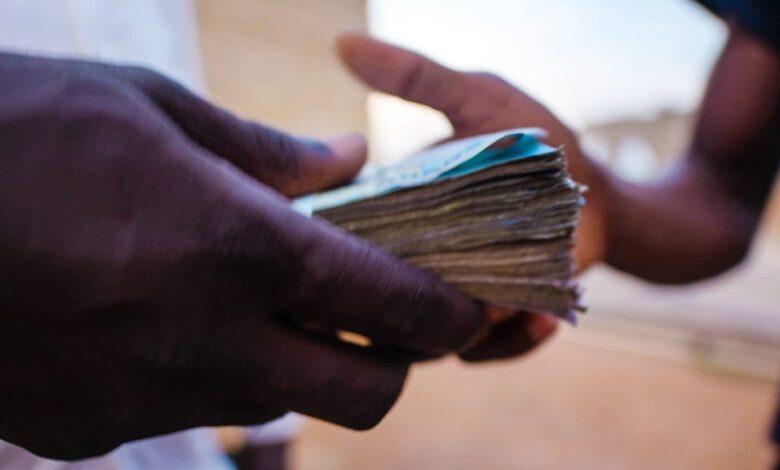
A recent Ghana Statistical Service (GSS) report reveals that 18.4% of Ghanaians who engaged with public officials in 2024 paid bribes—predominantly in cash—to access vital public services.
The findings, featured in the “Governance Series Wave 1 Report,” highlight the ongoing challenge of corruption within Ghana’s public institutions.
Public dissatisfaction with governance is also evident, with 70% of respondents feeling the current system leaves little room for citizens to influence decision-making.
Bribery incidents were notably higher among men, who made up 68.3% of those admitting to giving gifts or money, compared to 31.7% among women. Urban dwellers were more likely to pay bribes, accounting for 64.3% of cases versus 35.7% in rural areas.
People living with disabilities were similarly affected, with 21.1% reporting bribery. Those with physical disabilities faced the highest rates at 40.1%, followed by individuals with visual impairments at 32.5%.
Regionally, Greater Accra led with a 22.0% bribery rate, followed by Ashanti at 18.1%. The lowest levels were found in the Savannah (1.0%) and North East (1.1%) regions.
Omar Seidu, Head of Social Statistics at GSS, called for urgent structural reforms and stronger anti-corruption measures to restore public trust. “The data reveals a troubling gap between citizens and the institutions meant to serve them. Tackling corruption is more than a legal task—it’s a societal necessity,” he said.
This report is a vital resource for policymakers, civil society, and the public in the ongoing battle against corruption, aiming to foster a more transparent and accountable governance system in Ghana.



